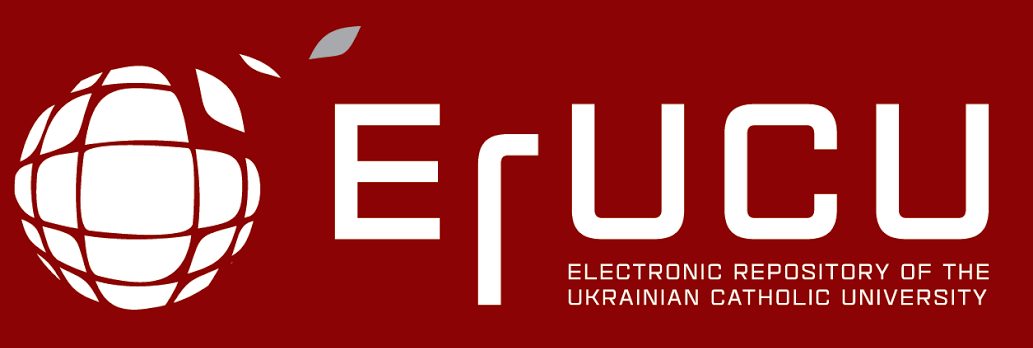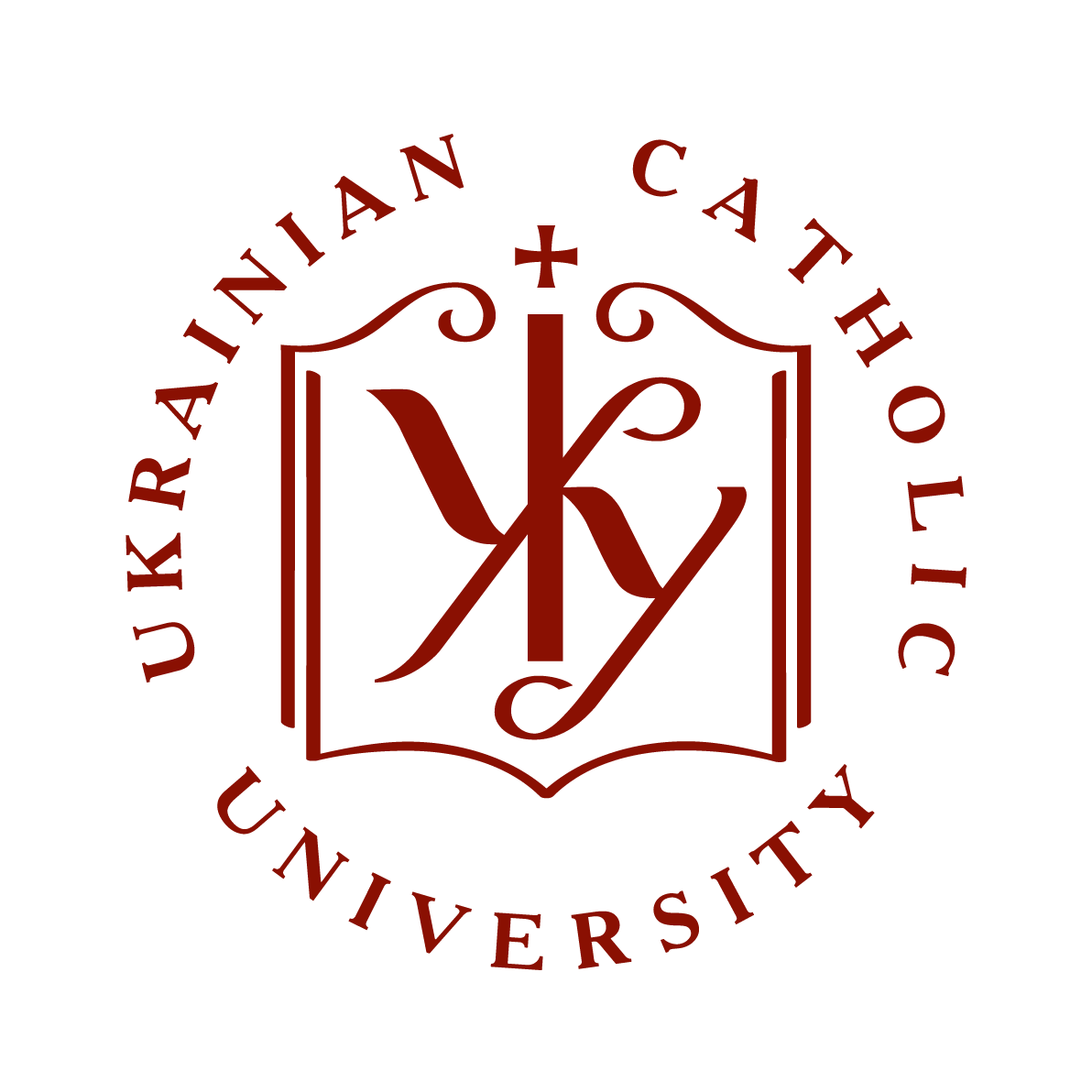Сценарії JavaScript вимкнено для Вашого браузера. Деякі функції цього сайту не будуть працювати без них.
| dc.contributor.author | Анатолій, Бабинський
|
|
| dc.date.accessioned | 2020-04-14T01:50:25Z | |
| dc.date.available | 2020-04-14T01:50:25Z | |
| dc.date.issued | 2020 | |
| dc.identifier.isbn | 231.01 | |
| dc.identifier.uri | http://er.ucu.edu.ua/handle/1/2156 | |
| dc.description.abstract | В статті висвітлено погляди чільних представників українських політичних партій діаспори та активних представників третьої хвилі української еміграції щодо патріархату Української Греко–Ка- толицької Церкви. Зародження у 1964 році масового мирянського руху на підтримку ініціативи Йосифа Сліпого щодо встановлення патріархату УГКЦ мало не лише релігійні підстави. Питання патріаршої інституції займало одне з важливих місць в публіцистиці політичних лідерів повоєнної еміграції. Останні розглядали можливість здобуття патріархату, як частковий успіх національно-визвольної боротьби за не- залежність України. В умовах еміграції постать патріарха трактувалась ними в якості етнарха бездер- жавного народу, який, будучи центром притягання діаспори, міг вберегти її від асиміляції і дезінтеграції. Ідеї, висловлені українськими політичними діячами на еміграції, були абсорбовані Патріархальним рухом та стали підґрунтям мотивації у боротьбі за патріархат для низки його учасників. | uk |
| dc.language.iso | uk | uk |
| dc.subject | Йосиф Сліпий | uk |
| dc.subject | Українська діаспора | uk |
| dc.subject | Патріархальний рух. | uk |
| dc.subject | Патріархат | uk |
| dc.title | Ідея патріярхату УГКЦ в політичній думці третьої хвилі української еміграції | uk |
| dc.type | Article | uk |
| dc.status | Опублікований і розповсюджений раніше | uk |
| dc.description.abstracten | The article deals with the views on the proclamation of the patriarchate of the Ukrainian Greek Catholic Church by prominent representatives of Ukrainian political parties of the diaspora and active representatives of the third wave of Ukrainian emigration. The emergence of a mass lay movement in 1964 to support Joseph Slipyj’s initiative to establish the patriarchate of the UGCC had not only religious grounds. The issue of the patriarchal institution occupied one of the essential places in articles of political leaders of post–war emigration. The latter viewed the acquisition of the patriarchate as a partial success of the struggle for Ukraine’s independence. In the emigration’s context, they treated the figure of the patriarch as an ethnarch of a stateless people, who, being the center of attraction of the diaspora, could save her from assimilation and disintegration. The Patriarchal Movement absorbed the ideas expressed by Ukrainian political figures on emigration and these ideas became the basis of motivation in the struggle for patriarchy for a number of its participants. | uk |
| dc.relation.source | Практична філософія | uk |
Files in this item
This item appears in the following Collection(s)
-
Статті [30]
Articles


